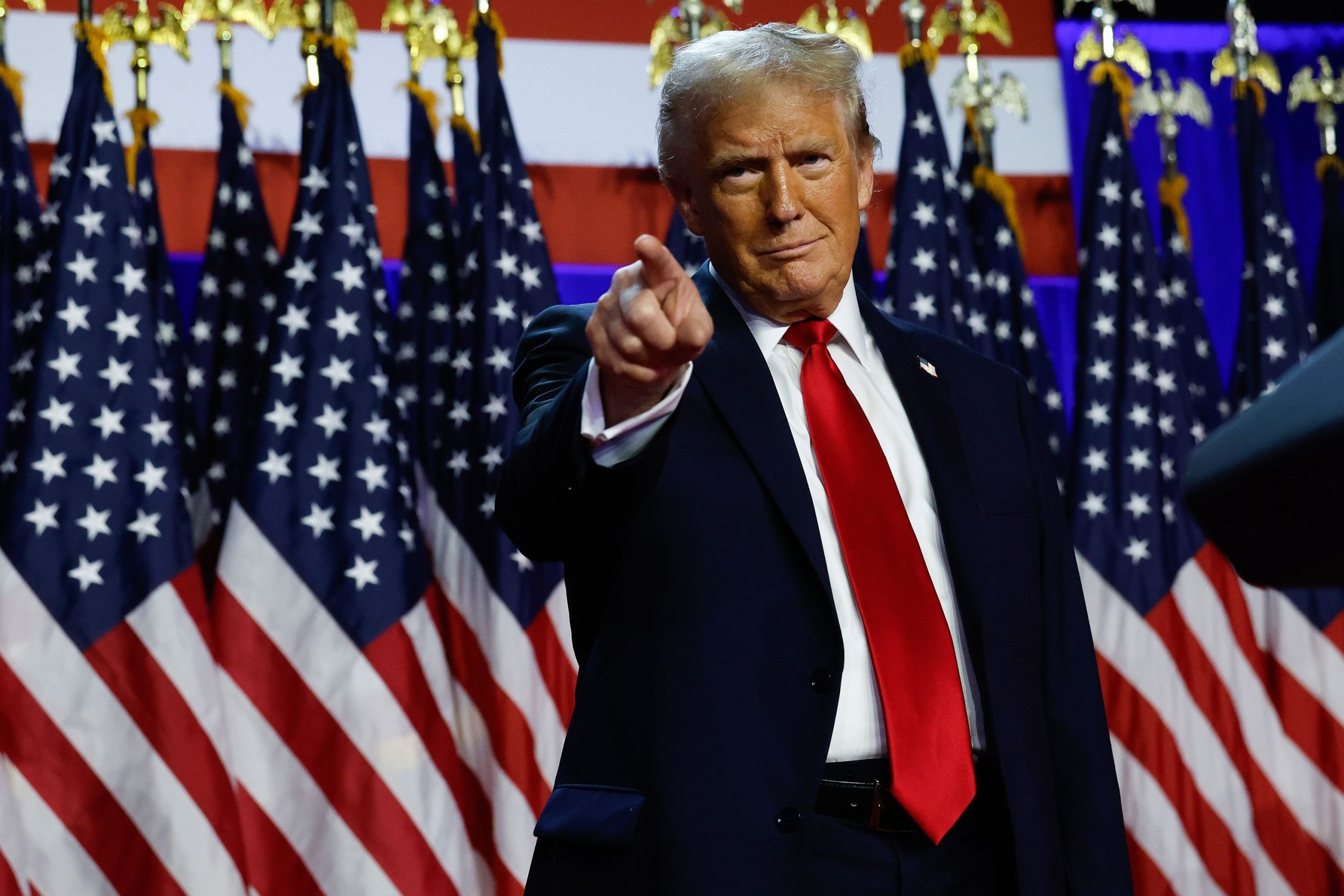As the inauguration of President-elect Donald Trump on January 20 approaches, Americans are preparing for a new presidential administration. The transition period has been marked by significant national and international concerns, ranging from immigration and the economy to foreign policy and beyond. These issues are expected to define the early days of Trump’s presidency as he tackles a range of pressing matters in both domestic and international arenas.
Throughout his campaign, Trump outlined several key goals for his first 100 days in office, promising aggressive action on issues like securing the U.S.-Mexico border and issuing over 100 executive orders. These plans were central to his campaign and garnered significant attention. Now, as his second term begins, many are watching to see how these promises will translate into policy, especially given the range of domestic and global challenges that are at the forefront of American concerns.

Some of the major priorities for Trump’s second term include mass deportations of migrants, revising federal Diversity, Equity, and Inclusion (DEI) policies in schools, and rolling back protections for LGBTQ individuals. Additionally, he has expressed intentions to reverse environmental protections and consider pardons for individuals involved in the January 6 Capitol insurrection. These proposals represent key aspects of Trump’s broader policy vision, but they have sparked significant debate and controversy among Americans.
As the country anticipates the new administration’s direction, public opinion is divided on what issues should take priority. For many, the economy remains the most critical concern, according to a Gallup poll, while others are focused on healthcare, climate change, and foreign affairs. As Trump prepares to take office, the nation is eager to understand how his policies will address these challenges and what impact they will have on families, communities, and the broader American society.
